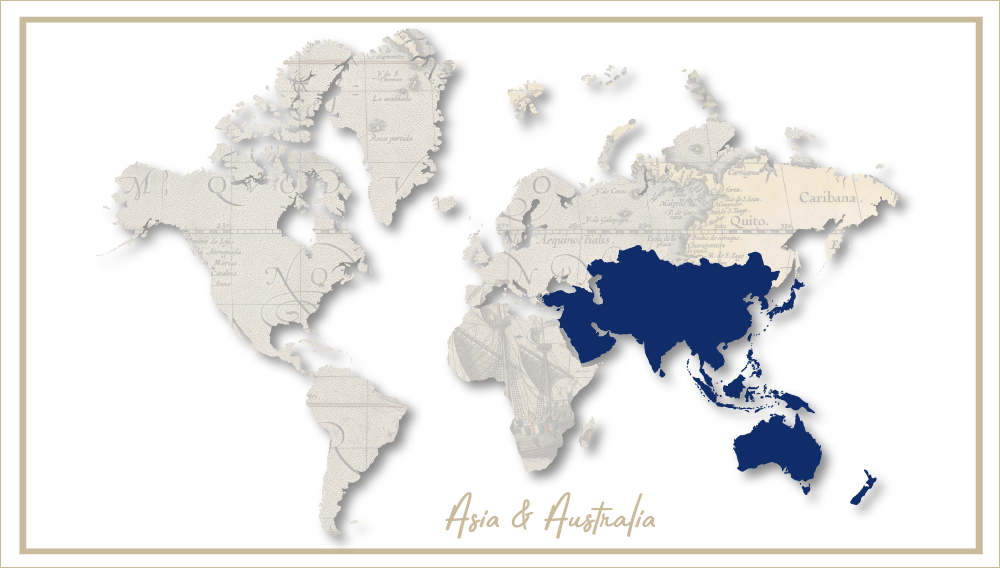Which is better: imported beer or locally produced under licence?
Have they nothing more serious to worry about? An August 2012 review of imported beers highlights the ongoing argument about the quality aspects of fully-imported beers versus those brewed locally under licence.
A good example is a provocative statement (by an importer): “Although the brewed under licence products are a good representation, they will never exactly replicate that of the original in terms of flavour profile or quality.”
This is an interesting and potentially misleading statement, says our correspondent John Harvey, especially in view of the fact that for the past 50 years or so various Australian brewers have consistently met the rigid requirements of the “parent” global brewers in producing a wide range of beers for them under licence.
It is, of course, well known that locally-brewed products will usually be fresher than many imports and hence may present different flavour profiles. For years, importers have faced the possibility of presenting products with deteriorated flavour characteristics occasioned by long transport and associated heat stress.
Mr Harvey says it is a good thing that more beers, particularly craft styles, are now imported in refrigerated containers to keep them “brewery fresh” for longer periods.
The review concludes that “it’s always best to leave it up to the consumers to decide what version they think is better, but the import market has never seen a better range than right now.”
On this theme, Mr Harvey notes with interest that the Australian consumer magazine, Choice, recently published a review comparing major premium imported beers with the locally brewed versions. Blind taste tests were conducted by a seven-person panel with seven beers brewed under licence in Australia, alongside samples of their counterparts from the original (parent) breweries, brought into the country through parallel import channels and available on the retail market in Sydney.
The beers tasted were Grolsch, Kronenbourg 1664, Carlsberg, Heineken, Stella Artois, Becks & Peroni Nastro Azzurro. Choice reported that there was no unanimously preferred brew, with local brands on a par with their “authentic” counterparts (What’s authentic in this context? Surely all the beers are authentic in the eyes of both the licensing and the licensed brewers).
There you go.

